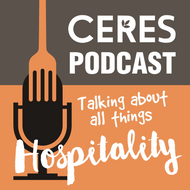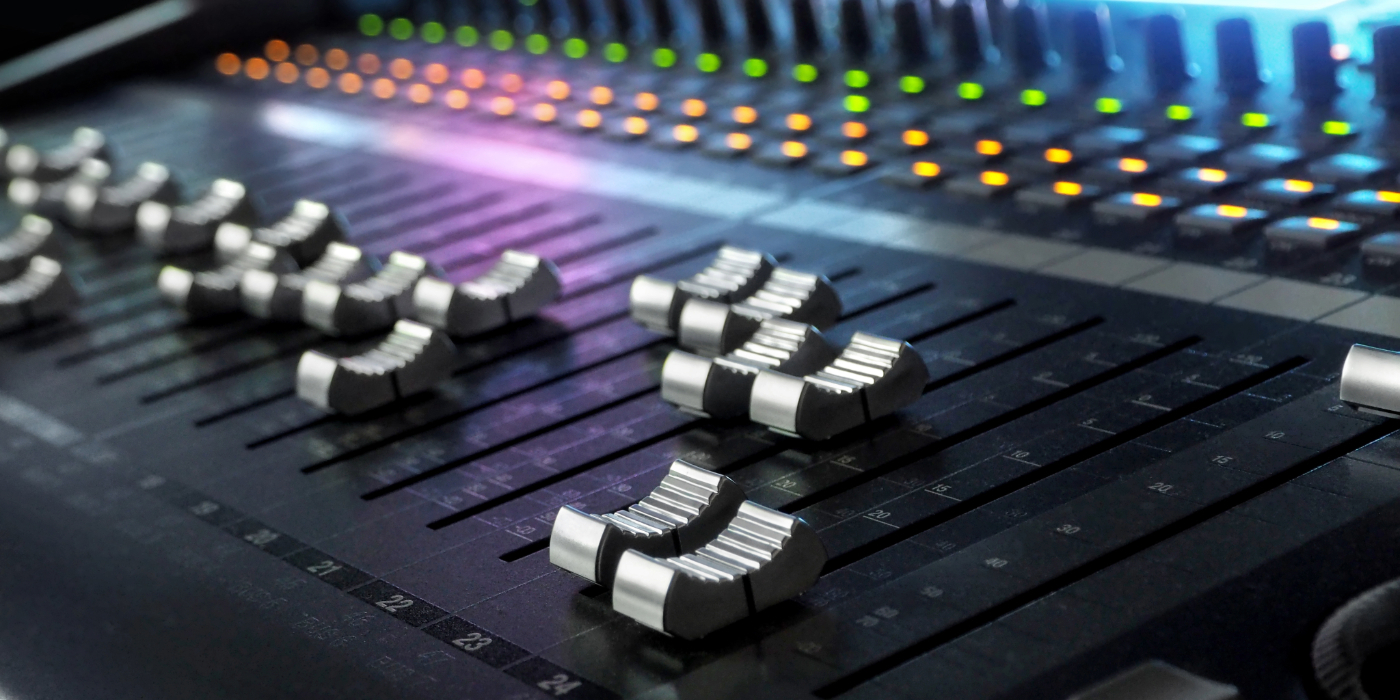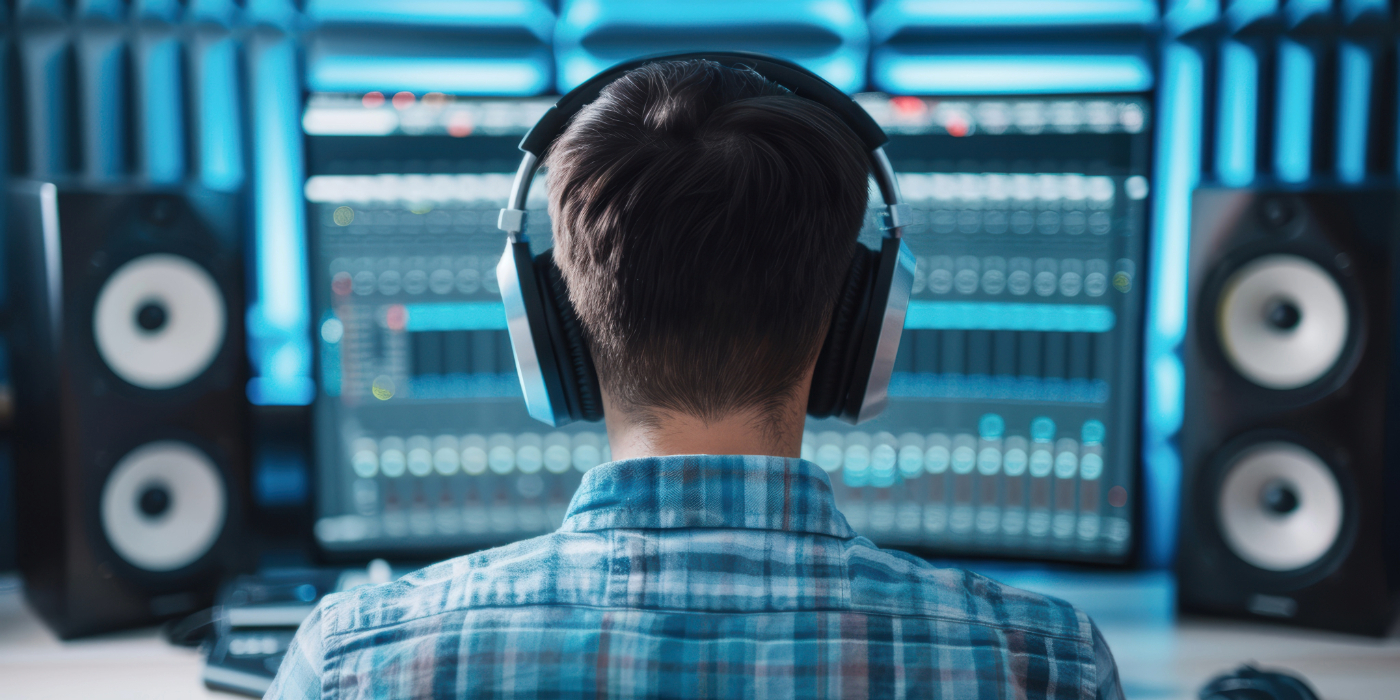Lets Get Technical
Posted by Stelios on 29th Nov 2018 Reading Time:
We have compiled a guide to help you get the best audio quality on the day of your podcast recording. If you have any questions, please don't hesitate to get in touch.
What Screen - It's best to use a laptop or desktop using Google Chrome for our recording software. Avoid using mobile devices like iPhones, iPads, Android phones or Android tablets. These are untested and have never consistently worked.
Get Wired - Using wired headphones or earphones cuts out a lot of latency, reducing the chance for sound to get warped and reducing echo.
Getting Online - Nothing is more frustrating than dropping the interview partway through due to a lost connection. Make sure you're in a place with a great internet connection.
Any of these options will work.
1 - Wired connection - If you can plug an ethernet cable into your computer, that'll give you the most stable connection.
2 - Wi-Fi connection - Ensure you have a strong connection or are sitting close to the modem.
Pro Tip 1 - Avoid using a mobile tether as it may use up all your data and struggle with the bandwidth.
Pro Tip 2 - If you have a VPN, disable it for the duration of the podcast.
Pro Tip 3 - If you are unsure of your bandwidth strength, visit speed test, click go, and send us a screenshot.
Pro Tip 4 - resetting your computer before a podcast can be a great help to reset and start fresh.
Shhhhhhh - If you can choose a location to record. Ideally, a carpeted room with soft furnishings would be best. Soft furnishings reduce the echo significantly.
Turn off your mobile phone or activate aeroplane mode; those beeps and boops are like nails on a chalkboard in someone's ears. Even vibrate mode will sound loud. Eliminate the extraneous sounds.
Remember to disable notifications on your computer; there is nothing more annoying than constant email dings when trying to have a conversation.
Please don't click the mouse, smack your lips, or thump the desk. Believe it or not, those sounds on the other end of the microphone are very loud. When
I first started editing my podcast, I was amazed at how many little thumps and clicks I could hear, including from my own side. Those can usually be edited, but only sometimes if it's while you're speaking. Be aware of the sounds you make, like typing, clicking a mouse, rolling in a chair, cracking your knuckles, etc.
Its best not to eat or drink during the podcast, but especially avoid chewing gum or sucking on a boiled sweet. If you need to cough or have a drink, just click mute.
Kids & Pets - As much as we love kids and pets, we don't want to hear them in the background of a podcast interview. Find a quiet place where you can be alone without distractions.
Podcasters understand the occasional interruption, but it's really disruptive. Ask your family and furry friends to give you an interruption-free period to do the interview.



